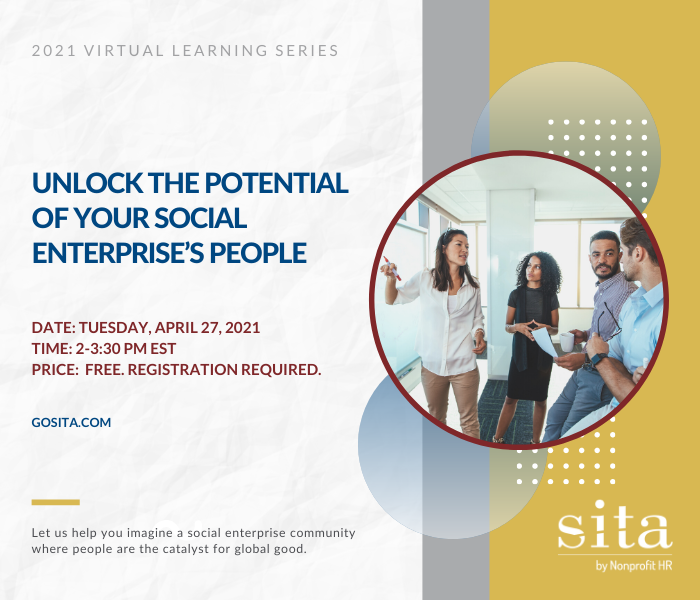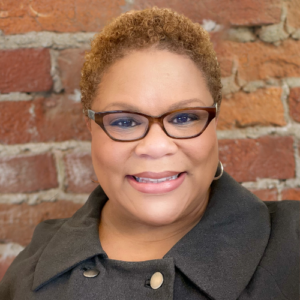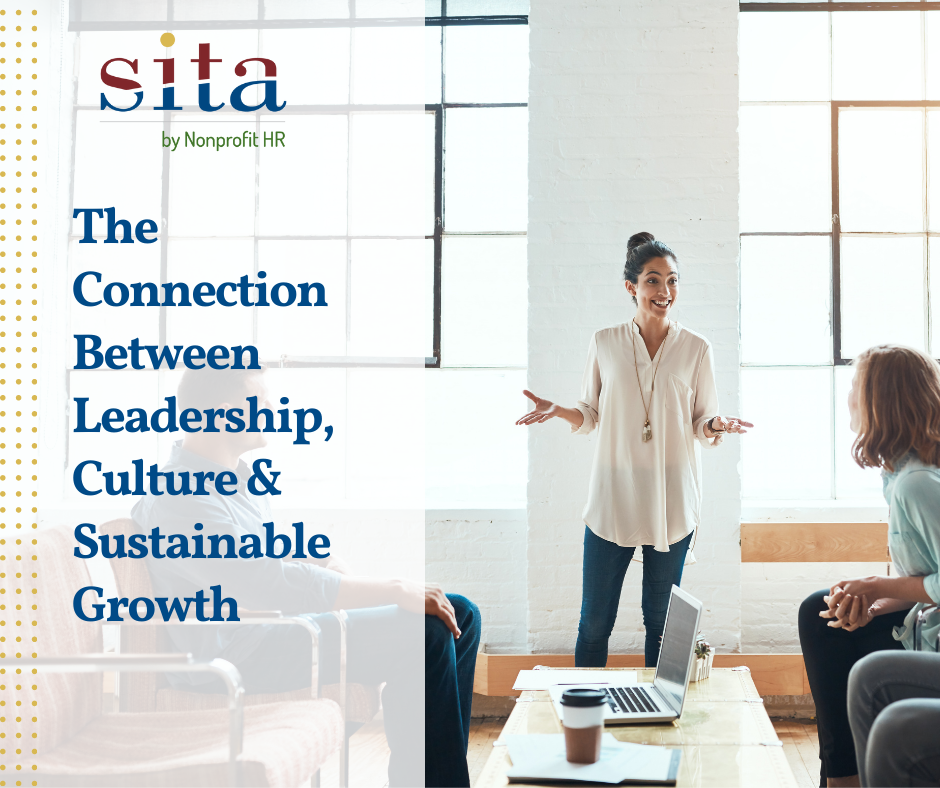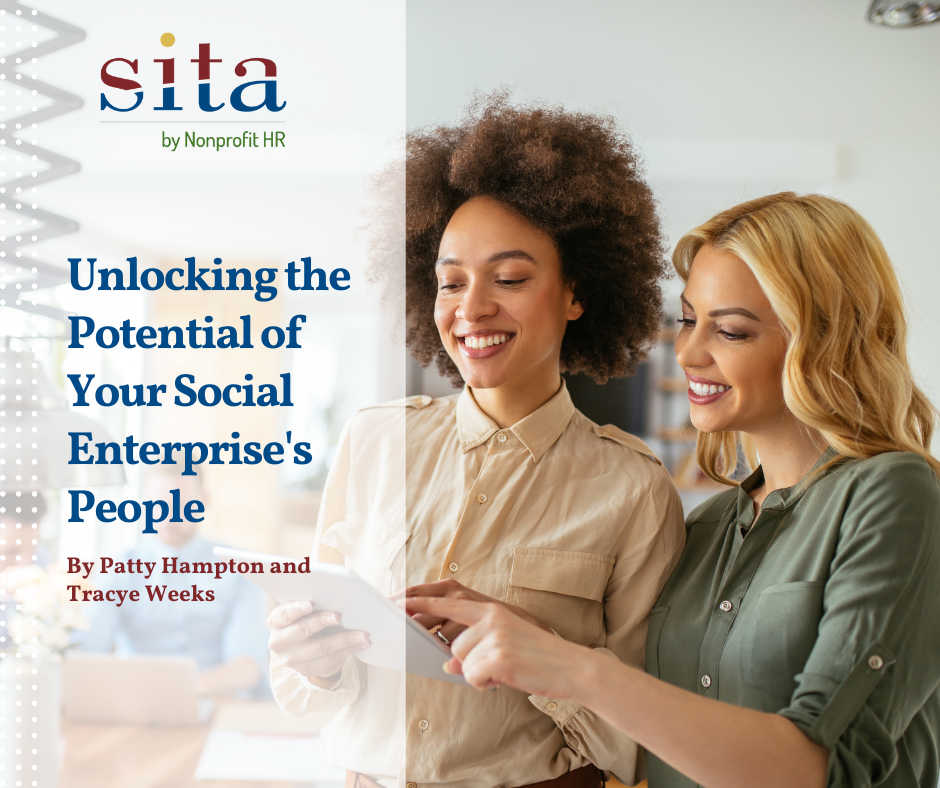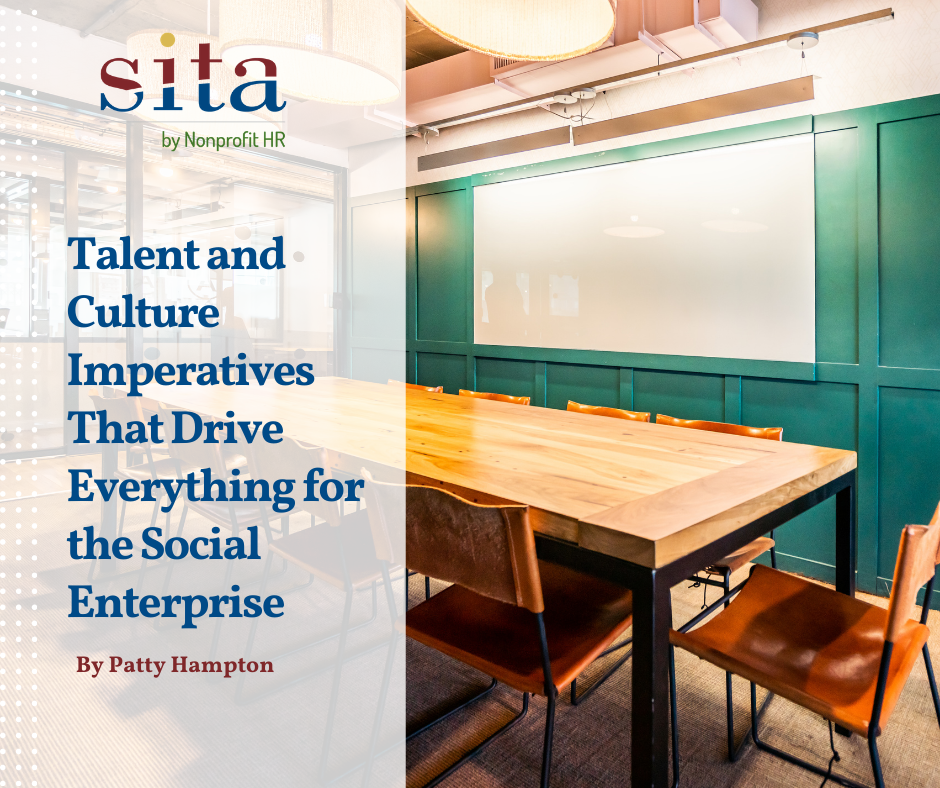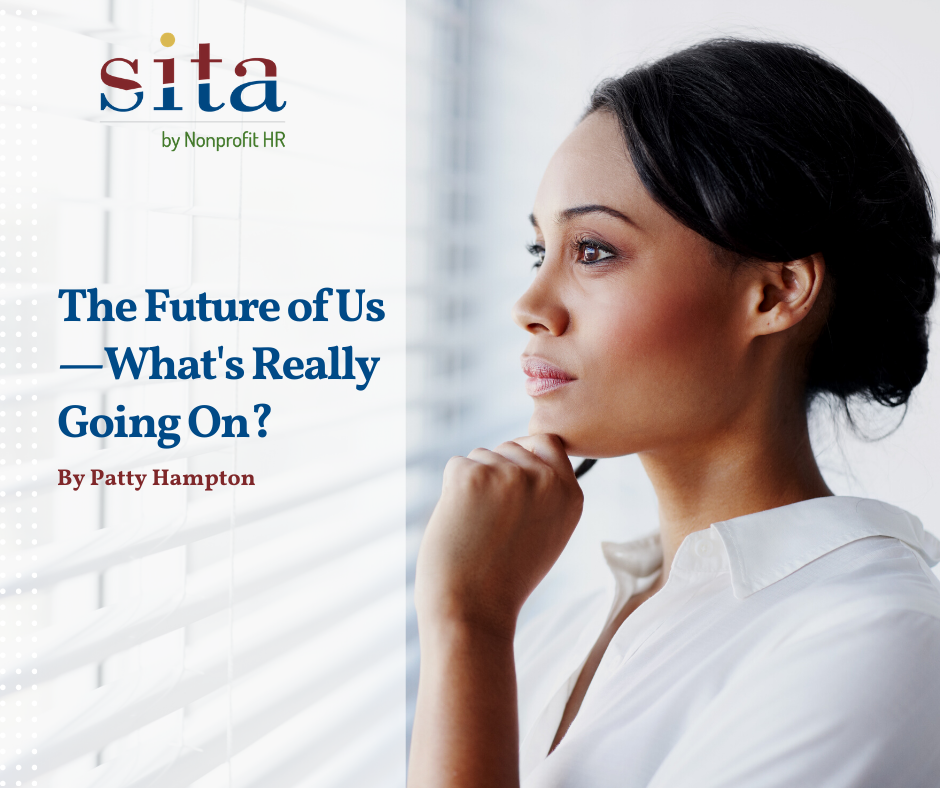 The Future of Us—What’s Really Going On?
The Future of Us—What’s Really Going On?
For the past several weeks, I’ve had Marvin Gaye’s song “What’s Going On” stuck in my head. The relevance of the song’s lyrics today and the myriad of images that flood my mind regularly have moved me to tears.
Nowadays, especially as an executive leader, I often participate in meetings where I find myself asking the same question over and over—what’s going on? This subconscious inquiry interrupts my flow of thoughts, and while I can hear the person speaking, I’m not present in that moment. In these instances, I can still contribute to the conversation as if I didn’t miss a beat. As I listen to others communicate and share their perspective, I mentally insert the word “really” to turn this famous song into a different question—what’s really going on? What’s really going on in our workplaces, board meetings, social media feeds, homes, families, schools and communities?
I bring my whole self to every meeting and interaction with colleagues, something I firmly believe in when it comes to work-life integration. Still, I’ve seen not only my patience wane as a leader when it comes to unstructured meetings, but my coping skills are now laser-focused on moving forward with purpose. I’m taking a guess that many of us sometimes slip into a state of skepticism or suspended judgment in the workplace. During these times, we find ourselves being overly critical, whether consciously or subconsciously. We can chalk it up to the pandemic, being homebound, working remote or having news-binge fatigue. Over this past year I have been in meetings where emotional intelligence was needed and later noted as a required competency. Pre-COVID-19, my intentions were undoubtedly authentic, but now, I purposefully listen for meaning. I also listen for specific actions and look for concrete agenda-driven meetings, especially in those that exceed 30 minutes. I have left long, unstructured meetings questioning why it was scheduled or wishing the details had just been shared in an email or newsletter. Point blank, my patience isn’t what it used to be, and I believe this feeling represents the majority! If you’re anything like me, then you have come cherish every moment and now guard your time very well.
And so, as I keep asking myself what’s going on, I see how this question hits closer to home. I have colleagues, family and friends that live across the country. I am also keenly aware that technology cannot replace human relationships. My lived experience in this diverse, multicultural family that spans the world contributes to my perspective and how I show up. This means that I see the recent examples of hatred and violence against others as beyond absurd and as grotesque behaviors that cause deep pain. My frustration is real and raw. There have been times when I have felt utterly helpless. Words of comfort never seem to be enough when others are grieving or profoundly hurting. My younger son is also asking, “Mom, what is going on?” And I am a grandmother, so I think of my legacy and the world they will inherit.
It bothers me that we are now reliant on apps such as Zoom, Microsoft Teams, LinkedIn, Slack and Instagram. And I dare not forget about other apps that hold us captive like TikTok, Facebook, GroupMe, Twitter and Clubhouse. The original aim was somehow to make us feel more connected, however, research has confirmed that technology has driven many of us into further isolation. This is not a referendum on technology, as I am eternally grateful to be connected, but it is a plea for us to consistently hold ourselves responsible for our conscious choices as human beings.
This is why Marvin Gaye’s song resonates with me more now than when I first heard it decades ago. The song makes me optimistically curious about the future and our part in being change activists. COVID-19 has helped me to step into my purpose as a missions-driven change activist and I believe that I must do my part to leave the world better than when I lived in it. I received my wake-up call long ago to live and pursue a disruptive future. A future that will shift others to react fervently.
What about leaders of organizations, though? There is the ever-present need to innovate and transform while also cultivating and maintaining a healthy culture to increase the quality of employee experiences. Nonprofit HR’s 2021 Nonprofit Talent Management Priorities Survey showed us that assessing, building and improving organizational culture remains a top priority for leaders. The data also proves that COVID-19 and the Black Lives Matter movement have impacted budget and talent management objectives for organizations across the nation. And so when I think about that Marvin Gaye song, here’s what is going on:
Respondent results regarding COVID-19:
Respondent results regarding the Black Lives Matter movement:
Download the full 2021 Nonprofit Talent Management Priorities Survey Report here.
With this data as a reference point, I have been able to more clearly gather my thoughts around what the future of the social sector might look like. Consider these aha moments as more continue to prioritize their organization’s people management and culture imperatives.
Keep Moving Forward
- Expand your network and include people that believe and embrace your vision and values.
- Connect and communicate with people that are excited about your mission.
- Live your dream and include others while you run toward a purposeful destination.
- Ask people that want to join your organization how their purpose and passion align with yours.
Lean in, Be Uncomfortable and Welcome Transformation
- Do not allow your comfort zone to hold you hostage.
- Embrace discomfort and use every ounce of your courage to transform.
- Remember the tenants of being a social entrepreneur, which are parallel to living out loud.
- Inspire others to help you tell your story so that your ideas are sustained long after you’ve passed the baton.
Things to Remember As You Innovate and Foster Innovation in Others
- Social entrepreneurs have a desire to change things for the better.
- Social entrepreneurs innovate products and services to solve unmet needs.
- Innovators collaborate and build genuine relationships.
- Innovators do not harbor, but unleash their power so that others can be impactful.
I encourage you to listen to Marvin Gaye’s song as you reflect on this post. What’s going on should not be a mystery. We are all on journeys that require us to be fully aware of our professional and personal purposes. Marvin Gaye’s song permits us to question the future of us, but also to reimagine a future that is different from our current reality. The song serves as an inspirational compass to live a purpose-driven and well-integrated life.

